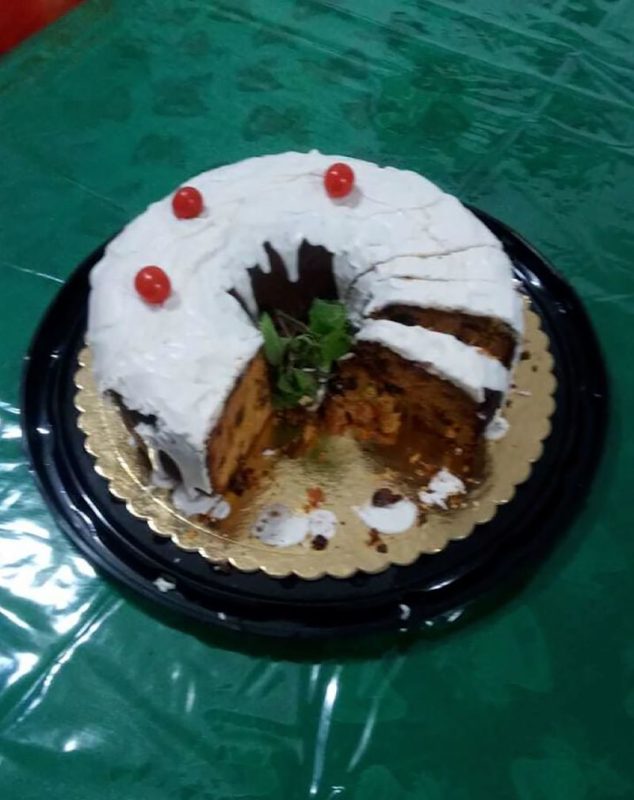
Relative arrested following death of three women in Brazil Christmas cake poisoning
An arrest has been made in the case of a family in Brazil who were poisoned on Christmas Eve after eating a cake containing arsenic.
Three people died and three others were hospitalized after the incident, which occurred in the city of Torres, in the southern state of Rio Grande do Sul.
At a press conference Monday, the Civil Police of Rio Grande do Sul confirmed that the daughter-in-law of one the victims is the main suspect.
According to police, there were seven people in the room when the cake was served.
One person did not eat the cake, but the other six who did were all hospitalized. Three women, sisters Maida and Neuza, and Neuza’s daughter Tatiana, later died.
She has been charged with triple homicide as well as three attempted homicides.
Dos Anjos is currently in the ICU, according to police, along with her 10-year-old great-nephew.
Police said large amounts of arsenic were registered in the bodies of the three women who died, with expert analysis showing high levels in their urine and stomach samples.
“The arsenic levels in these samples are so high that they are considered toxic and lethal. And that explains the cause of death,” Marguet Mittmann, director general of the General Institute of Expertise, a public security body working with the police, said at the press conference.
The victim whose body contained the lowest concentration of arsenic still registered 80 times the amount permitted in food – and the victim with the highest concentration had 350 times the permitted amount.
“These concentrations are so high that it’s impossible to consider it a natural contamination,” added Mittmann.
Police also confirmed that the poison in the cake was mixed into the flour used in its preparation, ruling out the possibility of food poisoning.
They said analysis of samples revealed that the largest amount of arsenic found in the flour used to make the cake was 2,700 times higher than the permitted limit, leading experts to conclude that the flour was the source of the contamination.



